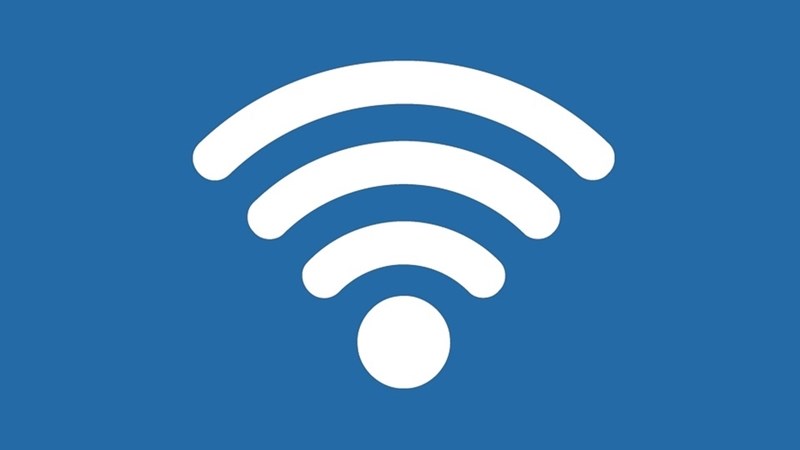Central SA
The dangers of using public wi-fi─── 09:48 Mon, 15 Aug 2022

What is the first thing many people ask the moment they arrive at a venue? It is most likely, ‘What is the Wi-Fi password?’ As much as this is regarded as a standard benefit, should one use public Wi-Fi or not?
Among the main public Wi-Fi dangers are the risks of data breaches and malware infections. Public Wi-Fi hackers can intercept the information you transmit via an unprotected connection.
Cybercriminals can present you with an imitation of a legitimate website, tricking you into downloading malware.
Using an unsecured public Wi-Fi network provides hackers with a huge opportunity.
Here is what makes it vulnerable:
No or weak password protection
Misconfigured Wi-Fi routers
Outdated router software
Plenty of careless users
Joining a fake Wi-Fi hotspot
What are the risks of using public Wi-Fi?
Identity theft
Identity theft is a cybercrime with the primary goal of illegally obtaining someone’s data. Most commonly, cybercriminals use public Wi-Fi hotspots to steal people’s credit card information and commit financial fraud. With enough information about an individual, cybercriminals can apply for loans, withdraw money, make purchases and commit other crimes all in their name.
Data breach
Using public Wi-Fi safely is essential to avoid a data breach, which happens when hackers illegally access private information. Whereas identity theft mainly involves financial information, data breaches can affect any kind of information you store on your device. If you do not know how to safely use public Wi-Fi, cybercriminals can steal your photos, videos, documents and contacts, among others.
Malware infection
The use of public Wi-Fi makes you an easy target for browser hijackers who distribute malware to unsuspecting web surfers. You may be just opening a news website when a supposedly innocent-looking pop-up ad appears on the screen. What you do not know is that by accidentally clicking on it, you welcome dangerous software right into your phone or laptop.
Packet sniffing or eavesdropping
Packet sniffing or eavesdropping is the illegal monitoring of data transmitted between devices. Internet users without Wi-Fi hotspot protection risk not only losing critical information but also having their information modified. For example, your business partner might receive your message after cybercriminals have altered it to serve their nefarious purposes.
Keep Wi-Fi off when you do not need it
The well-known internet security company, Kaspersky Lab, recommends that even if you have not actively connected to a network, the Wi-Fi hardware in your computer is still transmitting data between any network within range. Security measures are in place to prevent this minor communication from compromising you, but not all wireless routers are the same and hackers can be pretty smart. If you are just using your computer to work on a Word or Excel document, keep your Wi-Fi off. As a bonus, you will also experience a much longer battery life.
This article first appeared in Moneyweb.













